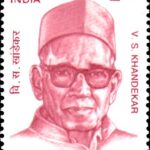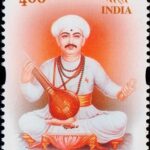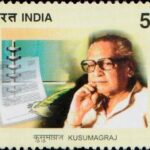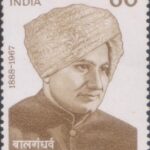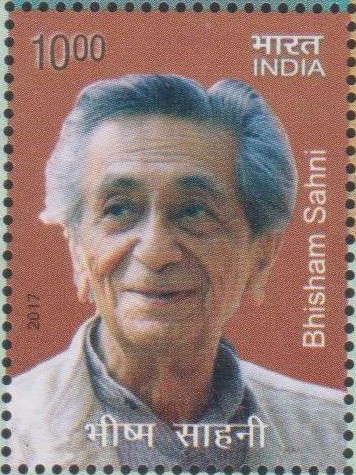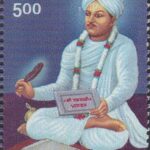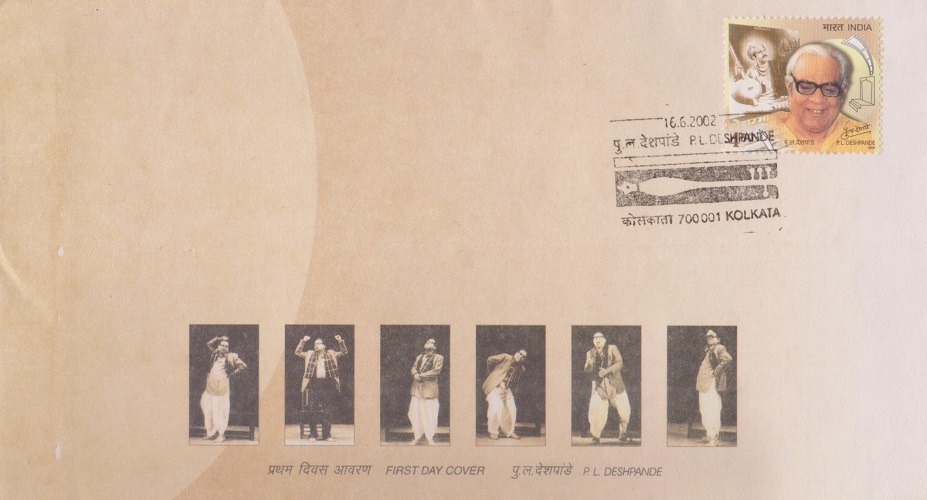
P.L. Deshpande
A commemorative postage stamp on Purushottam Laxman Deshpande (“Pu. La.“), a Marathi writer and humorist :
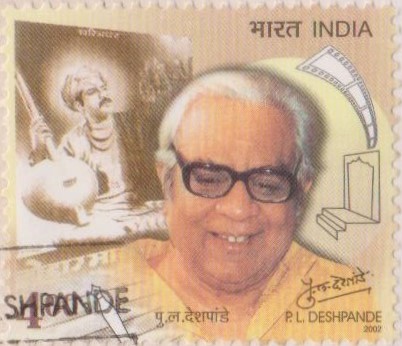

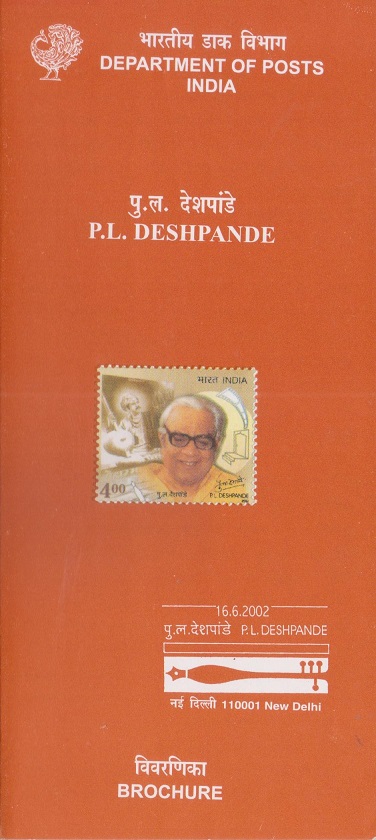 Issued by India
Issued by India
Issued on Jun 16, 2002
Issued for : The Department of Posts is happy to release a commemorative postage stamp in memory of P.L. Deshpande, accompanied by a First day Cover, both of which attempt to capture the varied talents and moods of “Pu. La.”
Credits :
Stamp & FDC : Sankha Samanta (Based on material furnished by the P.L. Deshpande Foundation)
Cancellation : Alka Sharma
Type : First Day Cover
Colour : Four Colour
Denomination : 400 Paise
Overall size : 3.34 x 2.88 cms.
Printing size : 3.34 x 2.88 cms.
Perforation : 13.5 x 13.5
Paper : Matt Chromo
Stamps Printed : 0.4 million
Number per issue sheet : 48
Printing Process : Photo Offset
Printer : Calcutta Security Printers Ltd.
Name : Purushottam Lakshman Deshpande
Born on Nov 8, 1919 at Mumbai, India
Died on Jun 12, 2000 at Pune, Maharashtra, India
About :
- P.L. Deshpande (1919-2000) – popularly known as his Marathi initials as “Pu. La.” – strode the cultural firmament of Maharashtra like a colossus for five decades. A multi-faceted genius, he made enormous contributions to the fields of literature, music, drama and films. He was also a philanthropist.
- The period immediately before and after the end of the Second World War saw a creative resurgence in Marathi literature. “Pu. La.” was a product of this period. Endowed with immense talent to sing as well as play the harmonium, he was also a good actor and fantastic speaker. As a writer, he was blessed with fluency and a rare sense of humour.
- Though “Pu. La.” preferred to call himself a performer, he handled many genres with mastery. He made films like Gulacha Ganapati and Devbappa and wrote plays like Tuzhe ahe Tuzhepashi. He presented wholesome entertainers like Waryawarchi Warat, Vyakti ani Valli, the collection of sensitive pen sketches of ordinary people, earned him the Sahitya Academy Award. Tee Phoolrani and Teen Paishacha Tamasha were two adoptions from Shaw’s ‘Pygmalion’ and Brecht’s ‘Three Penny Opera’, transformed amazingly into Marathi as if they have sprouted from the Marathi soil itself. His travelogues were also sensitively written, in which people of distant lands were portrayed as human beings with all their idiosyncrasies. He translated the Prison Diary of Jai Prakash Narayan into Marathi.
- In the Marathi world of art, “Pu. La.” was nothing less than a legend. He helped an entire generation of Maharashtrians to shape their sensibilities through his writings and performances. He is particularly remembered for bringing humour into the everyday life of the common people through his works. His brand of humour was never malicious; it only tickled the person being made fun off.
- Text : Based on material furnished by the sponsors.


